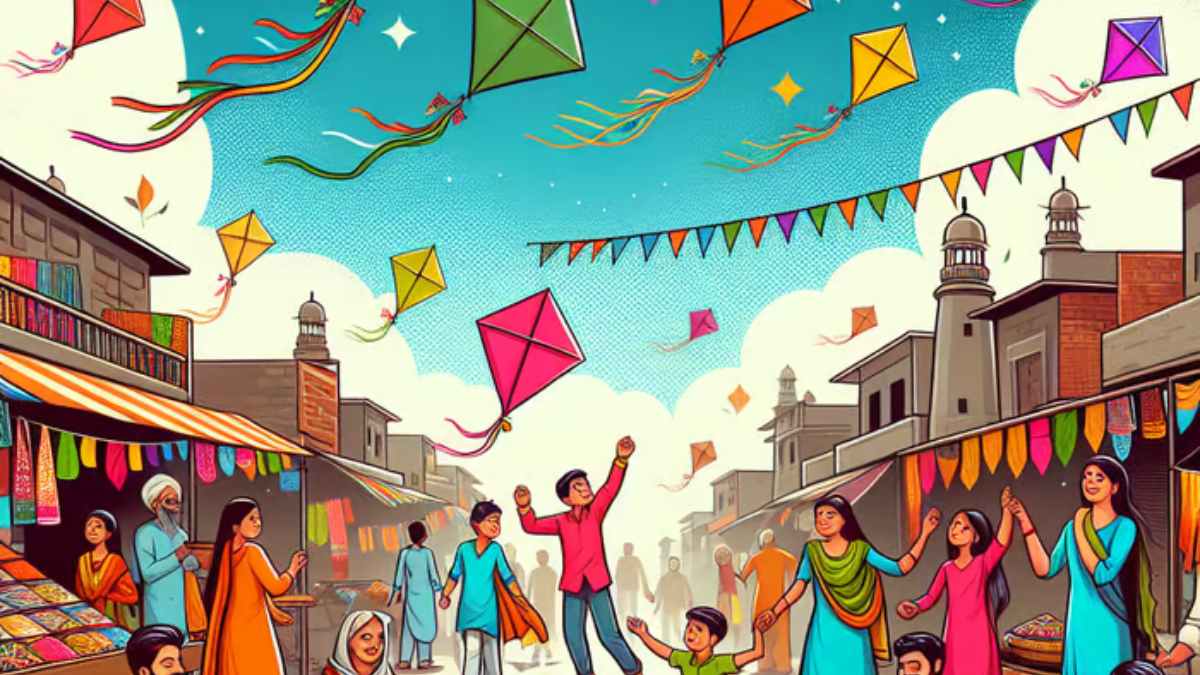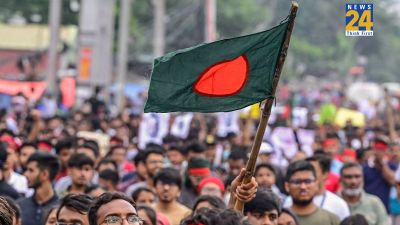Makar Sankranti 2025 will be celebrated on Tuesday, January 14, at 09:03 AM, marking the Sun’s transition into Capricorn (Makara). This astronomical event symbolizes the start of longer days, positivity, and new beginnings. In leap years, Makar Sankranti is observed on January 15, but this year it aligns with its traditional date.
Historical Significance
The festival holds deep historical and mythological importance. It signifies the end of winter and the beginning of a new agricultural cycle. The day is also linked to legends of harmony, including the reconciliation between Lord Shani and Lord Surya, representing balance and renewal. Another tale celebrates King Bhagiratha’s efforts to bring the Ganges River to Earth, symbolizing purification and fresh starts.
Makar Sankranti stands as a beacon of hope, signifying the triumph of light over darkness and good over evil. It is a time for expressing gratitude to nature for the harvest and praying for prosperity. The festival also marks the beginning of a season of renewal, fostering a spirit of togetherness and joy.
Also Read: Lohri 2025: Know Date, History, Significance & More About This Harvest Festival!
Regional Celebrations And Rituals
Makar Sankranti is observed across India, with each region infusing its unique cultural flavor into the festivities:
- North India: Known as Lohri, the celebrations include gathering around bonfires, singing folk songs, performing traditional dances, and enjoying festive feasts to celebrate the harvest season.
- South India: Celebrated as Pongal, a multi-day festival that involves cooking the traditional dish Pongal and offering it as gratitude for a bountiful harvest.
- West India: The skies of Gujarat and Rajasthan come alive with vibrant kites as people honor the Sun’s journey northward.
- East India: In West Bengal, the Ganga Sagar Mela attracts devotees who take a holy dip at the confluence of the Ganga and Bay of Bengal, symbolizing spiritual purification and renewal.
Also Read: Prawn Malai Curry Recipe: A Creamy Coastal Delight
Makar Sankranti is more than just a festival; it is a celebration of light, hope, and gratitude. Rooted in culture, mythology, and agricultural significance, it brings communities together to welcome positivity, pray for prosperity, and honor the divine forces of nature.













